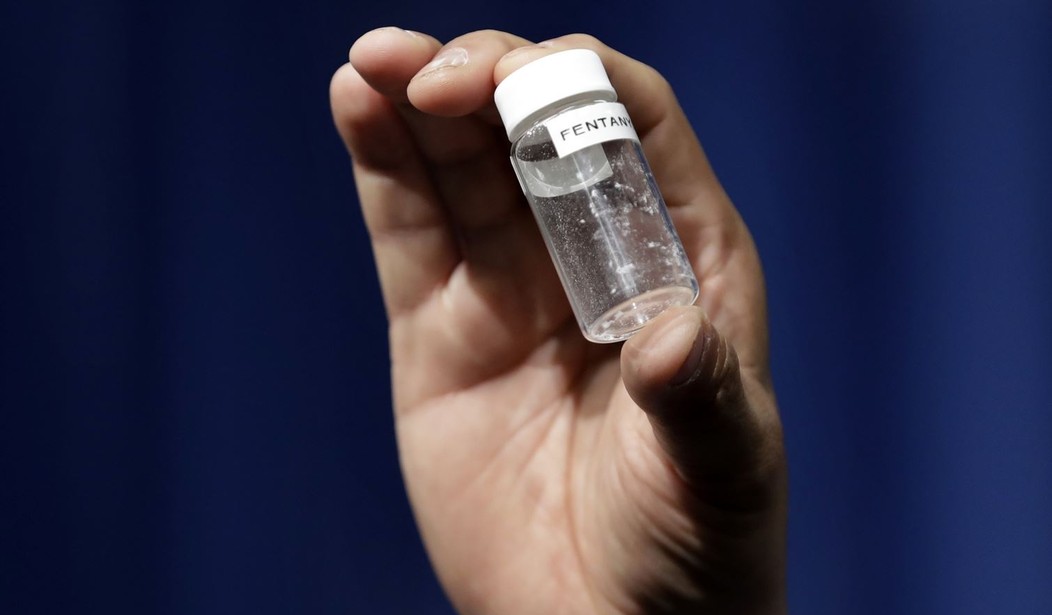Is tonight’s dinner giving you heartburn? You’re in luck; there is a pill for that. Do you have high blood pressure? There’s a pill for that, too. How about going bald? Restless legs? Help in bed? Thinning eye lashes? Yes, yes, yes, and…yes – all maladies solved with the help of prescription drugs. In modern medicine today, there seems to be nothing that cannot be cured with prescription or over-the-counter remedies. Simply turn on television during a big game or an evening news program, and you’ll catch the latest drug ad from Astrazeneca, Merck, or Pfizer, hawking a treatment for whatever ails you.
While the expansiveness of today’s treatment options is good for clinical care, we as a society have been conditioned to expect that all of life’s problems are solved with a small pill and a sip of water.
Is it any wonder then, that we have an opioid epidemic?
The Rolling Stones presaged America’s obsession with pharmaceutical “therapy” in songs such as “19th Nervous Breakdown” and “Mother’s Little Helper,” recorded in the mid-1960s; decades before today’s crisis. “Mother needs something today to calm her down,” the song goes; “and though she's not really ill, there's a little yellow pill; she goes running for the shelter of a mother's little helper.” The pill referenced in the song is thought to be Miltown (meprobamate), a precursor to Valium and Xanax; a psychotropic drug with properties of a tranquilizer, and once used to treat everything from alcoholics to stressed-out housewives and Hollywood’s elite. According to Andrea Tone, a pharmacology historian, Miltown “normalized the notion that people who didn't have serious illnesses, who are just riding the roller coaster of the vagaries of life could pop a pill,” and be cured; a cultural mindset Tone says has become “enduring.”
Enduring, indeed. Today, the pharmaceutical industry spends an estimated $6 billion a year marketing its products; with roughly two-thirds of that on television advertisements. As a society, we have gone far beyond simply accepting prescription drug treatment as normal; it is now relentlessly pounded into our heads everywhere we turn. Paired with today’s cultural demand for instantaneous gratification and impatience with even momentary delay, the opioid epidemic was a perfect storm just waiting to finally break.
Recommended
Clinically speaking, opioids are a popular treatment option because of their low cost and effectiveness in pain management; decreasing pain transmission along nerve fibers, while providing patients a relaxed feeling. Unfortunately, the very reasons that make the drugs a legitimate treatment option for pain management, have given rise to its illegitimate use as an escape mechanism for people not suffering from physical pain but rather, as Tone mused, from “the vagaries of life.”
This psychological dependency on opioids to take a break from life’s problems, coupled with the physical changes to the brain’s chemistry that makes them so potentially addictive, means opioids do represent a dangerous recipe for chronic addiction if not carefully monitored by a physician. As a result of the government’s recent crackdown on opioid abuse, they have become both harder to obtain legally and more expensive on the black market; thereby causing addicts to turn to a far more dangerous substance -- heroin.
Opioids are just the tip of the iceberg with the drug epidemic infecting our society, and some recent actions by the federal government wind up actually making the problem worse, or papering over the real problems. It certainly does not help, for example, when the Congress itself intentionally sabotages an effective law enforcement program to identify and intercede in suspicious trafficking of prescription pain pills. And President Trump’s call for the “death penalty” to punish opioid traffickers, will do nothing whatsoever to solve the complex, underlying problem of a medicated nation.
Fortunately, there are some actions Congress can and should immediately consider to help in pushing back the tide of opioid abuse. First, it should repeal the legislation passed in 2015 (and written by a pharmaceutical lobbyist) that effectively killed the Drug Enforcement Administration’s ability to police illegal narcotic shipments. Secondly, Congress should remove marijuana’s federal classification as an illegal Schedule I controlled substance, thereby enabling state-level programs for medical marijuana to move forward without threat of federal intervention by the Justice Department. Such a move could provide alternatives to opioids as patient treatment, meaning fewer people would be exposed to potential addiction even during genuine medical treatment.
Ultimately, however, America’s drug crisis – with opioids and drugs more generally – will continue so long as we as a society believe popping a “little helper,” is a normal response to the non-medical problems in our lives.

























Join the conversation as a VIP Member